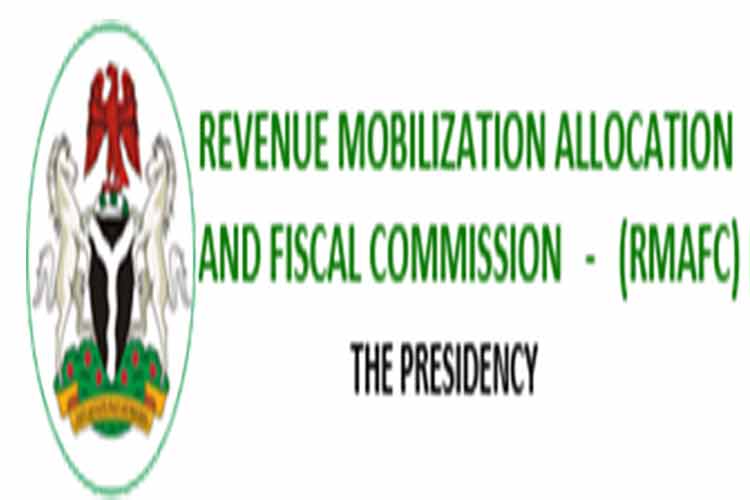
The Revenue Mobilisation, Allocation and Fiscal Commission (RMAFC) has raised objections to President Bola Tinubu’s proposed tax reform bills, arguing that they infringe on its constitutional mandate.
RMAFC maintains that it is the only body empowered to determine revenue-sharing formulas between the federal, state, and local governments in Nigeria.
In a nine-page memorandum reportedly submitted to the National Assembly, RMAFC, under the chairmanship of Mohammed Bello Shehu, outlined legal, constitutional, and technical concerns about the proposed reforms. The memorandum emphasized that the Nigerian Constitution designates RMAFC as the final authority on revenue allocation matters.
“No Act of Parliament, including the VAT Act, can infringe upon this constitutional responsibility,” the memorandum stated. “Any such attempt would constitute a violation of the Constitution.”
Key Concerns and Recommendations
RMAFC’s memorandum proposed several recommendations to address its concerns:
- Equitable Allocation Formula: RMAFC insisted that the distribution of Value Added Tax (VAT) revenue should be guided by a formula developed by the Commission. This formula would account for VAT’s nature as a consumption tax and ensure equitable distribution among the three tiers of government.
- Recognition of Consumption Patterns: The proposed formula would prioritize VAT allocation based on consumption rather than production or the location of company headquarters, promoting balanced revenue benefits across the country.
- Support for Weaker Economies: The Commission suggested that states with weaker economies should receive special consideration to foster national cohesion and fairness.
- Constitutional Mandates: RMAFC urged the federal government to respect its exclusive constitutional authority over revenue allocation. It proposed that VAT allocation strictly adhere to RMAFC’s framework and not be subject to arbitrary provisions in the VAT Act or proposed reform bills.
- Transparency in VAT Collection: The memorandum recommended implementing systems like electronic invoicing to track VAT collections to end-user locations, enhancing transparency and accuracy.
- Dialogue and Consensus: RMAFC called for dialogue among federal, state, and local governments to ensure broad acceptance of its proposed formula, reducing disputes and fostering national unity.
Warning Against Reform Bill
RMAFC cautioned that legislative or executive measures undermining its authority could threaten national unity and constitutional harmony. It urged the federal government to empower the Commission to finalize a VAT allocation formula in line with its mandate, ensuring equitable revenue sharing and adherence to principles of justice.
Background on Tax Reform Bills
President Tinubu submitted four tax reform bills to the National Assembly on October 3, 2024, aimed at restructuring the country’s taxation framework. These include:
- Nigeria Tax Bill 2024: Establishing a fiscal framework for taxation.
- Tax Administration Bill: Creating a unified legal framework for all taxes and reducing disputes.
- Nigeria Revenue Service Establishment Bill: Repealing the Federal Inland Revenue Service Act and establishing a new tax authority.
- Joint Revenue Board Establishment Bill: Creating a tax tribunal and ombudsman for dispute resolution.
RMAFC’s objections highlight ongoing tensions over the proposed reforms, particularly concerning the Commission’s constitutional role and the implications for revenue allocation.





